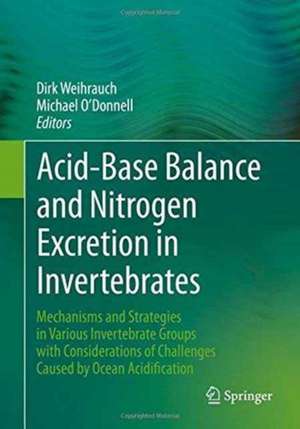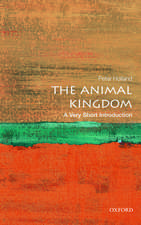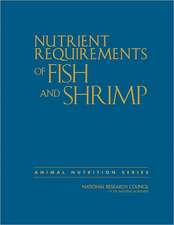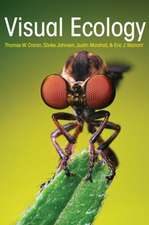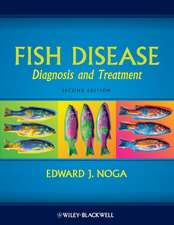Acid-Base Balance and Nitrogen Excretion in Invertebrates: Mechanisms and Strategies in Various Invertebrate Groups with Considerations of Challenges Caused by Ocean Acidification
Editat de Dirk Weihrauch, Michael O’Donnellen Limba Engleză Hardback – 28 dec 2016
Preț: 393.19 lei
Nou
Puncte Express: 590
Preț estimativ în valută:
75.23€ • 78.76$ • 62.25£
75.23€ • 78.76$ • 62.25£
Carte tipărită la comandă
Livrare economică 01-07 aprilie
Preluare comenzi: 021 569.72.76
Specificații
ISBN-13: 9783319396156
ISBN-10: 3319396153
Pagini: 359
Ilustrații: X, 306 p. 63 illus., 25 illus. in color.
Dimensiuni: 168 x 240 x 23 mm
Greutate: 0.84 kg
Ediția:1st ed. 2017
Editura: Springer International Publishing
Colecția Springer
Locul publicării:Cham, Switzerland
ISBN-10: 3319396153
Pagini: 359
Ilustrații: X, 306 p. 63 illus., 25 illus. in color.
Dimensiuni: 168 x 240 x 23 mm
Greutate: 0.84 kg
Ediția:1st ed. 2017
Editura: Springer International Publishing
Colecția Springer
Locul publicării:Cham, Switzerland
Cuprins
Chapter 1: Acid-base balance in crustaceans (Fehsenfeld, Weihrauch).- Chapter 2: Acid-base balance in cephalopods (Hu, Tseng).- Chapter 3: Acid-base balance in echinoderms (Stumpp).- Chapter 4: Acid-base balance in the digestive tract of insects (Onken, Moffett).- Chapter 5: Effect of elevated PCO2 levels (global change) on the acid-base balance in marine invertebrates (Melzner, Thomson).- Chapter 6: Nitrogen excretion in freshwater and soil invertebrates: planarians, leeches and nematodes. (Quijada-Rodriguez, Weihrauch).- Chapter 7: Nitrogen excretion in aquatic crustaceans (Weihrauch).- Chapter 8: Nitrogen excretion in terrestrial crustaceans (Linton).- Chapter 9: Nitrogen excretion in insects (O’Donnell).- Chapter 10: The Na/K-ATPase and its role in acid-base balance and ammonia excretion (Leone, Lucena, Garcon, Pinto, McNamara).- Chapter 11: Sodium/hydrogen transporters (NHEs/MHAs) and their role in acid-base balance and ammonia excretion (Rheault).
Notă biografică
Prof. Dr. Dirk Weihrauch Department of Biological Sciences University of Manitoba 190 Dysart Rd. Winnipeg, MB, R3T2N2 Canada Dirk.Weihrauch@ad.umanitoba.ca Prof. Dr. Michael O’Donnell Department of Biology McMaster University 1280 Main St. West Hamilton, ON , L8S 4K1 Canada odonnell@mcmaster.ca
Textul de pe ultima copertă
This textbook provides a comprehensive overview on the diverse strategies invertebrate animals have developed for nitrogen excretion and maintenance of acid-base balance and summarizes the most recent findings in the field, obtained by state-of-the-art methodology. A broad range of terrestrial, freshwater and marine invertebrate groups are covered, including crustaceans, cephalopods, insects and worms. In addition the impact of current and future changes in ocean acidification on marine invertebrates due to anthropogenic CO2 release will be analyzed. The book addresses graduate students and young researchers interested in general animal physiology, comparative physiology and marine/aquatic animal physiology. Also it is an essential source for researchers dealing with the effects of increasing pCO2 levels on aquatic animals, of which the vast majority are indeed invertebrates. All chapters are peer-reviewed.
Caracteristici
First textbook dedicated to mechanisms of acid-base balance and nitrogen excretion in invertebrates Covers many different terrestrial and marine invertebrate groups Discusses the impact of global change on marine invertebrate physiology
